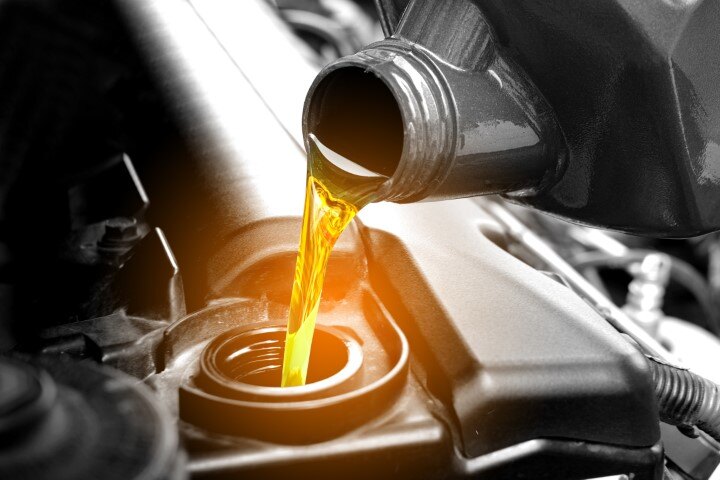Is Running Your Car Low On Gas Bad for Your Fuel System?
Talk to an older driver, and at least some of them will talk about always going to fill up the car with gas before their tank hits a quarter or below.

Is there an oil additive that can correct a low oil pressure problem?
That’s a question that’s been asked for years by various drivers. They notice they have a low oil pressure problem or their oil pressure warning light comes on. They speculate whether they can avoid a costly repair bill by using an oil additive.
Someone who wants to take your money would quickly answer “yes, of course there is. Just use whatever we’ve got”. But if you want an honest answer, you’ll find the real truth is not so painless.
Most oil additives fall under the categories of either viscosity improvers or detergents. Viscosity improvers will, essentially, make the oil thicker. Detergents will clean out oil sludge and other contaminants, hopefully in advance of the oil being changed, but they’re not really intended for use before that time.
In reality, low oil pressure is a signal that there’s something wrong in the engine. It could be as simple as low oil level (which can be corrected by adding more oil or changing the oil). Or it could a mechanical issue that isn’t going to be fixed with a simple oil additive. The oil pump could be bad or the oil pressure sending unit could be defective. It might even be the oil pressure gauge.
Point is, there’s no low oil pressure additive that’s going to fix something like that.
Oil additives can do some things pretty well, depending on what exactly you’ve got (what additive). A viscosity modifier isn’t going to be a lot of good in most situations. An EP protective additive can help the oil’s lubricity stay optimal under harsh and extreme conditions. An oil additive that works by including added stabilizers, dispersants and anti-corrosion ingredients can add value by supplementing the additives that already come standard in the oil but which get used up over time. So those kind of oil additives can have some use.
But an oil additive to fix a low oil pressure problem? Not likely.

Talk to an older driver, and at least some of them will talk about always going to fill up the car with gas before their tank hits a quarter or below.

New market research seems to confirm what many drivers already know – that more and more people are deciding to keep their cars. It used to be that...
April Fools Day brings out the most creative energies in some people. And the best part is, we get to laugh about it all in hindsight. Whether it’s...